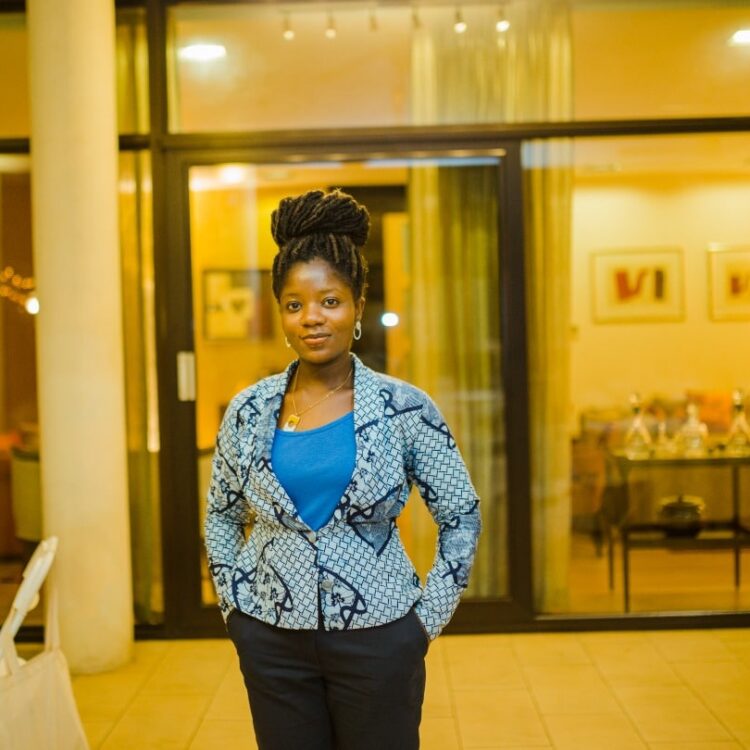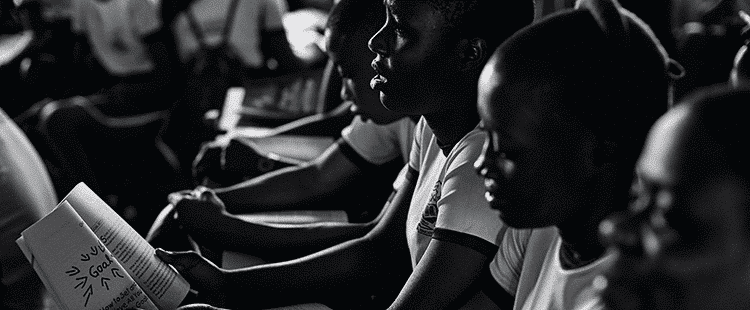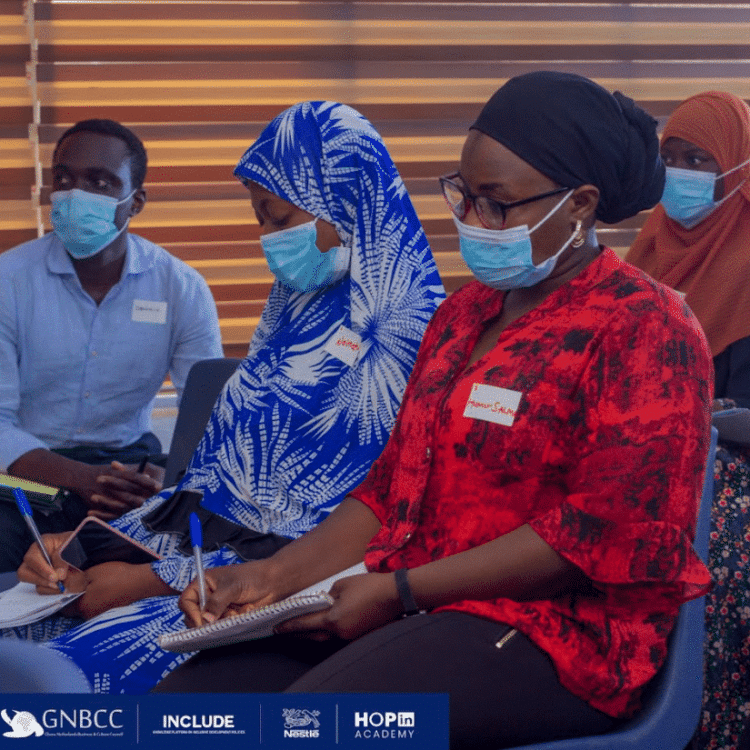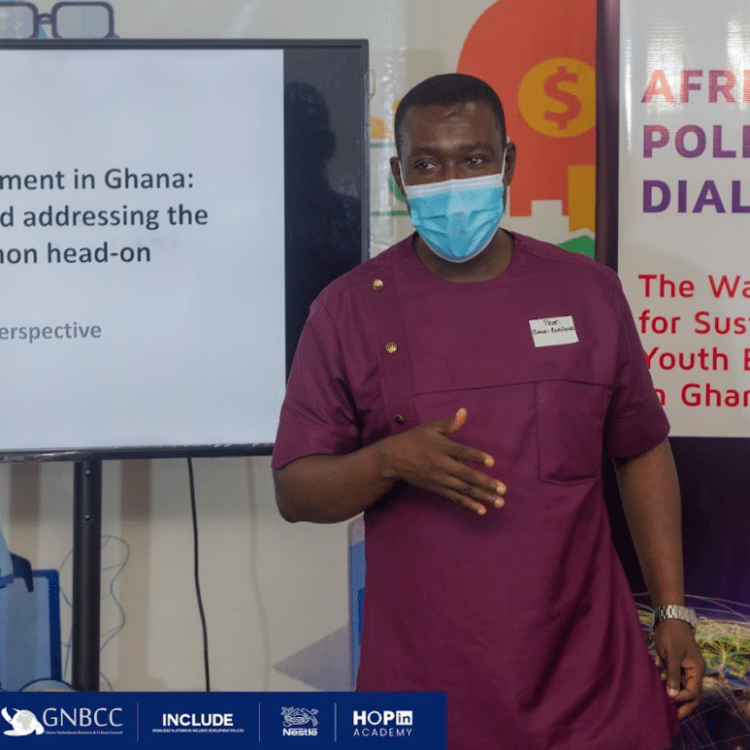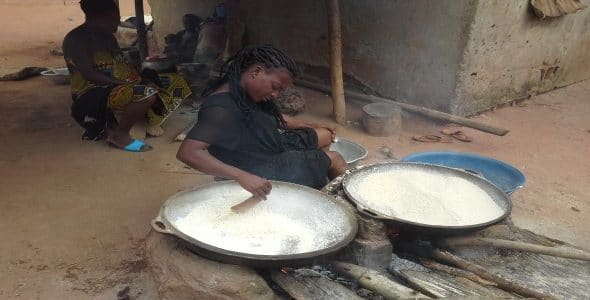
The ‘Agricultural partnerships’ research project in Ghana studies under what conditions and how strategic actors can be mobilized to become involved in partnerships for inclusive development in the agricultural sector, and the impact of various types of these partnerships on practices and relationships between smallholders and other value chain actors. The research projected commenced with field work, which was conducted in Ghana from January to February 2015 by two post-doc researchers, after a preparatory period at Wageningen University. The field work consisted of an exploratory study to gain insight into the characteristics of agricultural partnership arrangements in Ghana and fine tune the selection criteria for the in-depth study. The exploratory study found that there are different structural and actor-specific incentives for starting an agricultural partnership in Ghana, as well as a variety of partnership compositions. In some cases, smallholders were seen as beneficiaries of partnerships, but not key partners in decision-making processes. The study also found that partnership composition often leads to other mobilization strategies and value chain development, regardless of whether it led to critical support by private companies or national regulatory organizations.
The initial insights gained from the exploratory study were published as a newspaper article in the national daily and shared in a kick-off workshop on 12 March held to launch the research project in Ghana. The workshop was attended by policy-makers, the private sector, international organizations, farmer-based organizations, NGOs and other actors.
Based on feedback received at the workshop and the field work, the long-established commercial cocoa chain and the modernizing cassava and soybean chains were selected for in-depth study. Four partnership case studies were selected – COS SIS and CORIP (in the cocoa chain), DONATA (in the cassava chain) and 2SCALE (in the soybean chain). Two of these partnerships are driven by government research institutes (COS SIS and DONATA) and the other two (CORIP and 2SCALE) are partnerships with input from the private sector.
Reorganizing the cocoa chain
The institutional economic part of the research focused on structural conditions in the Ghanaian cocoa value chain and how these influence actors within the chain to create partnerships and new forms of value chain organization. It was found that a shift in Ghana’s policy to decentralize the cocoa value chain has led to growth in the role of non-state actors (private sector, international partners and organizations, NGOs) in the governance of the chain. With these new actors, partnerships have emerged to share knowledge and financial and human resources, as well as to create standards and certification processes geared towards enhancing cocoa production, yield, and the sustainability of cocoa farming and rural livelihoods. This has led to a number of changes, the most important of which is that the cocoa value chain has shifted from a top-down structure to a mixed bottom-up/top-down structure. In this new structure, there is more consideration of farmer needs in decision-making processes and incentives for production (such as the provision of seedlings) are increasingly being provided by private cocoa buying companies, NGOs and international bodies (instead of only by the government). These changes have led to an increase in cocoa yield in Ghana of about 8% in the last decade, although current falls in yield leave room for further discussion.
Entrepreneurship for change in the cassava chain
The social institutional part of the research focuses on entrepreneurship mechanisms for change and the resulting effect. Why and how did certain actors manage to mobilize and include specific value chain actors with critical capacities and resources for change? Looking at the value chain for cassava and its processed products, which serve as food for many people in Ghana, it turns out that farmers are struggling with poor planting materials and cultivation practices, non-existent knowledge sharing among key stakeholders and lack of market access for fresh cassava. To create new institutional arrangements in the chain, DONATA, in partnership with the Forum for Agricultural Research in Africa (FARA), initiated a multi-stakeholder innovation platform. The programme worked with traditional leaders, farmers, processors, transporters, marketers, input dealers and the rural bank to form five cassava innovation platforms in the Brong-Ahafo region to spread the new crop varieties and farming techniques. When farmers saw the increased yield, they quickly adopted these practices. The chain, which was initially characterized by the non-existence of formal and informal linkages and a lack of information sharing among stakeholders, now has strong interactions between the Ministry of Food and Agriculture and informal stakeholders, as well as the institutions governing their activities. The study found that partnerships can function effectively when stakeholders benefit from engaging in the platform, making them more likely to stay, which ensures that activities are self-sustaining. The development of the cassava value chain cannot be achieved through the activities of one stakeholder, no matter how important – inclusiveness at all levels is key.

Tedious traditional processing of small quantities of cassava at home

New frying pan and stove for processing larger quantities of cassava at processing site

Cassava processing site built by platform members

